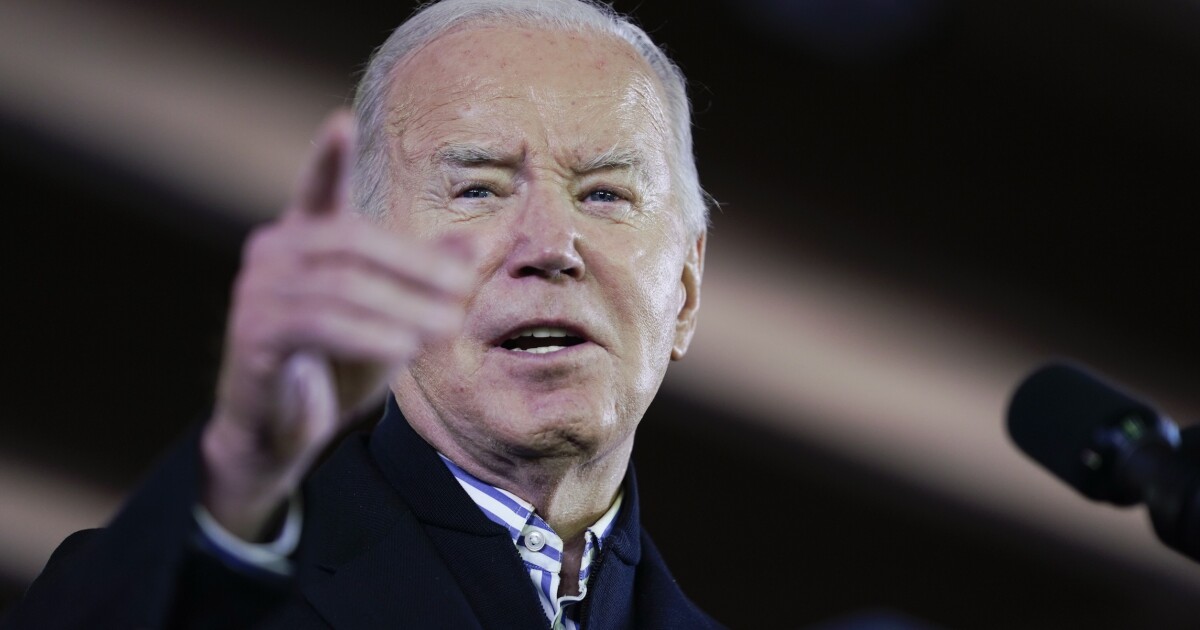

President Joe Biden took major action ahead of the holiday and pardoned all Americans arrested, prosecuted, or convicted on federal charges for marijuana use, following through on his 2020 campaign promise to expunge cannabis use offenses.
Biden signed a proclamation Friday that forgives U.S. citizens and lawful permanent residents caught by law enforcement for possessing the drug and charged, going far beyond the sweeping actions he took last year for thousands of people convicted of possession.
OATH OF OFFICE: BIDEN RAN ON FIXING THE IMMIGRATION SYSTEM, BUT BORDER CRISIS BURGEONS
The new action includes “additional offenses of simple possession and use of marijuana under federal and D.C. law,” the White House said in a statement issued Friday morning.
The Biden administration did not provide an estimate for how many people would be affected, but it noted that those convicted of selling or transporting marijuana were not included in the pardon.
The White House’s hope in taking such broad action was to make it easier for people with criminal records to be able to obtain work and housing as a result of clearing their records of the felony offense.
“Criminal records for marijuana use and possession have imposed needless barriers to employment, housing, and educational opportunities,” Biden said. “Too many lives have been upended because of our failed approach to marijuana. It’s time that we right these wrongs.”
People convicted of violating state marijuana laws are not eligible for this latest pardon, but Biden urged governors to take similar actions to absolve state charges.
Biden will take additional action Friday and commute the prison sentences of 11 people convicted of nonviolent drug offenses, including some mandatory life sentences, according to the White House. These commutations are the latest since he took similar action in April.
“Today, President Joseph R. Biden Jr. is using his authority under the Constitution to uphold the values of redemption and rehabilitation by commuting the sentences of 11 fellow Americans who are serving unduly long sentences for non-violent drug offenses,” the White House said in its announcement.
CLICK HERE TO READ MORE FROM THE WASHINGTON EXAMINER
The Biden administration moved earlier this year to reclassify marijuana to a lower category on the Drug Enforcement Administration’s scale. The Department of Health and Human Services proposed that the DEA move marijuana from a Schedule I drug to a Schedule III drug.
As a Schedule I drug, marijuana is defined as a drug with no medical use and a high potential for abuse or addiction. Schedule II drugs may have some medically acceptable uses but still come with a high risk of abuse or addiction. Schedule III drugs contain smaller amounts of narcotic and non-narcotic drugs.





